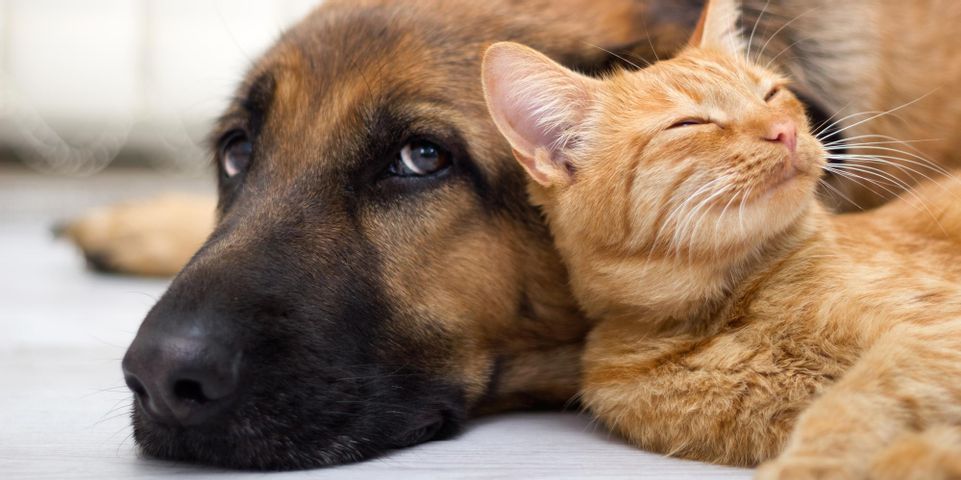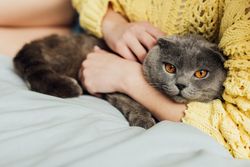
If your pet has stopped eating, it’s normal to be concerned. A visit with their veterinarian is usually necessary to diagnose the exact issue. However, it’s also beneficial to learn the typical reasons why cats and dogs abstain from food. The following guide outlines some of the most common situations pet owners should be aware of.
Why Won’t My Pet Eat?
1. Illness
Stomachaches and illnesses from assorted viruses and bacteria curb pet appetites. Toothaches and dental diseases also make eating difficult because it hurts to chew. While your animal companion can resume its normal eating schedule after the virus passes, they need examination by a veterinarian if their lack of food consumption includes vomiting and diarrhea.
Both issues risk dehydration and can signal a gastrointestinal issue. Serious diseases—like cancer and liver or kidney disease—also lower appetites.
2. Medication & Vaccinations
 A recent vaccination or new medication can temporarily cause your dog or cat to stop eating. Learn about the side effects of your pet’s vaccine shots and medicines to determine if they are the cause of appetite loss. Consult with a veterinarian if the issue persists. Tactics such as hand feeding, softening dry food with warm water, and pouring chicken or beef broth over food can often help.
A recent vaccination or new medication can temporarily cause your dog or cat to stop eating. Learn about the side effects of your pet’s vaccine shots and medicines to determine if they are the cause of appetite loss. Consult with a veterinarian if the issue persists. Tactics such as hand feeding, softening dry food with warm water, and pouring chicken or beef broth over food can often help.
3. Intestinal Blockage
While cats typically do not consume anything other than food, dogs can ingest a variety of objects, including toys, bones only meant for gnawing, and other items found around the home and yard. While many of these items get eliminated through the bowels, others might remain lodged in the long intestine.
An intestinal blockage can have fatal results without emergency surgery. The warning signs of this condition include lethargy, behavioral changes, and weakness in addition to appetite issues.
4. Anxiety
Anxiety and stress can cause pets to refuse food. Problems such as relocating to a new house, meeting new cat and dog family members, and being left with friends while you’re away on vacation can reduce an animal’s appetite.
Some breeds are naturally prone to stress, which will affect how hungry they are. Once you and your veterinarian rule out physical health problems, look for ways to lower a pet’s anxiety level, such as sequestering it from other pets and providing lots of attention and affection.
Turn to Dr. Robin’s Housecall Veterinary Services for help diagnosing your pet’s appetite issue. This veterinarian is located in Denver, CO, and has over 12 years of experience. She provides house call services that allow furry friends to remain in the comfort of their surroundings. Call the mobile vet at (970) 217-1260 to make an appointment, or learn more about the available services online.
About the Business
Have a question? Ask the experts!
Send your question

